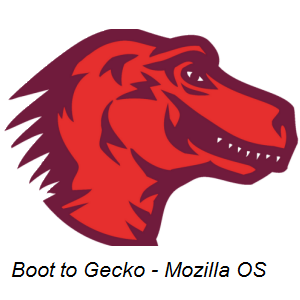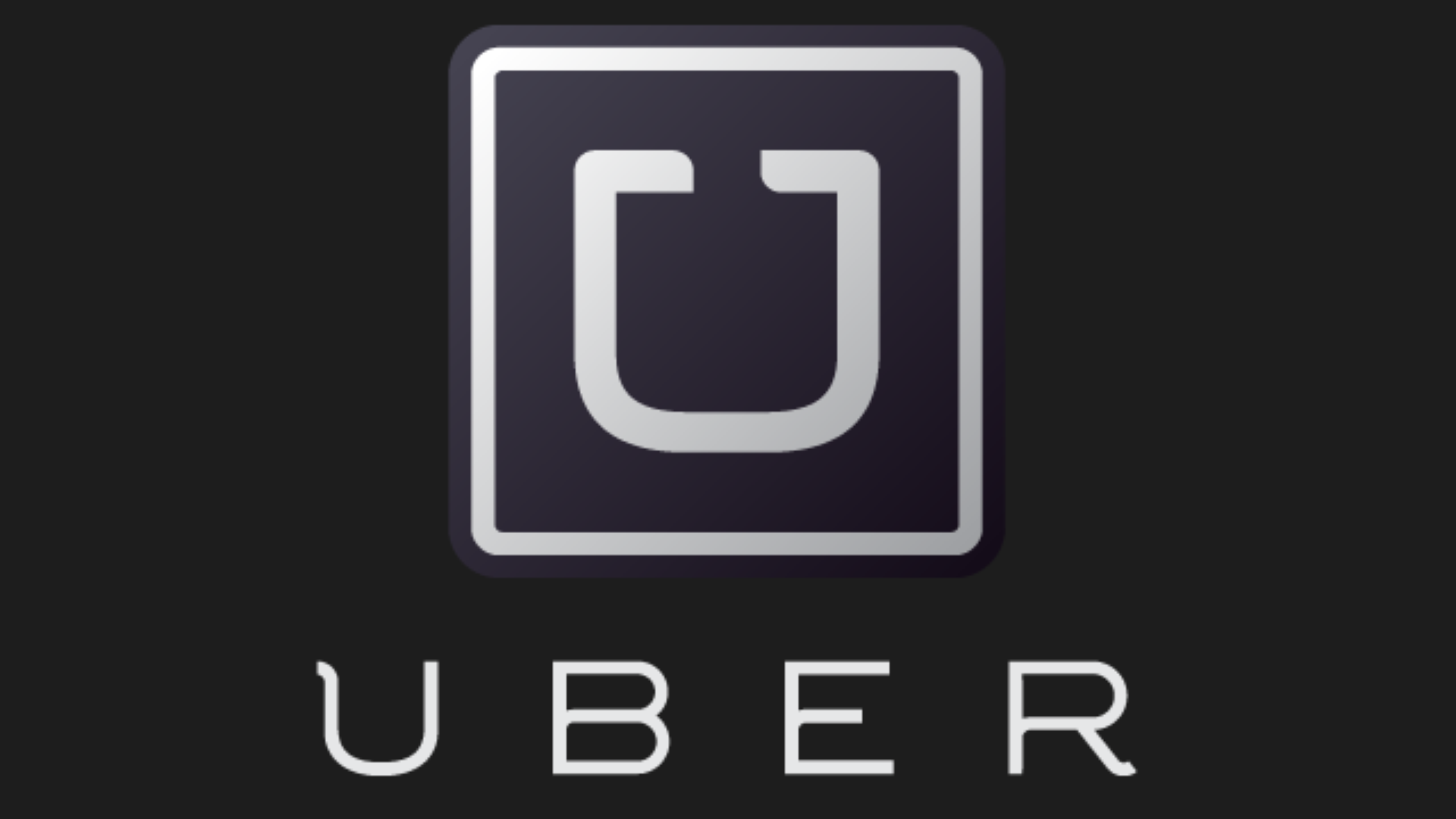Mozilla Is Working On An Open Mobile OS Called “Boot to Gecko”
Mozilla, the company behind the popular web browser “Firefox“, is working on a new project. Following in the footsteps of Google’s development of Chrome OS, Mozilla intends to build a mobile operating system. This OS will have a focus on running web applications, and is to be built upon the open-source Gecko HTML layout engine. The Gecko engine was developed by Mozilla itself, and is used in numerous applications such as Mozilla’s Firefox.
A developer over at Mozilla says that the goal of Boot to Gecko is the build a complete, standalone operating system for the open web. Unsurprisingly, this is a pretty good description of Chrome OS. While this kind of OS sounds great in theory, it has been shown to be a flop. Although it could just be poor implementation, Chrome OS isn’t all that great, and it certainly didn’t take off. Mozilla’s expertise in the field of web applications almost matches Google’s (okay, maybe not really, but they certainly are in the know), and their years of experience may allow them to create a successful open-source web-based mobile OS.
Boot to Gecko will use some of the core elements of Google’s Android OS. Namely, the boot drivers and the kernel. Chrome OS, on the other hand, is a Linux-based operating system. It is interesting that Google already had their own mobile OS to use as a base for their web-based OS, but chose an alternative instead. Unlike Google, Mozilla doesn’t yet have their own mobile OS to play with. They were left to choose another company’s project. Both Google and Mozilla chose to use the core features of a pre-made OS.
Developers working on the project promise to release the source code of the OS in real time via their Github project page here. This adhere’s the the organization’s general code of conduct (almost all of their projects are open-source, including Firefox). Similarly to Mozilla, Google made a developer build of Chrome (Chromium) open source, and their Android OS used to be available source. However, both of Google’s operating systems fail to be completely open source, making it more difficult for manufacturers and consumers alike to gain access to the operating systems (and put them on their own devices). Mozilla’s openness is sure to give Boot to Gecko some extra popularity.
Boot to Gecko will get it’s functionality from web-apps (as is the basis of any web-based operating system). As you probably know, static web pages are fairly useless for doing things like making phone calls, texting people, taking pictures, playing sophisticated games, and other highly interactive and useful tasks. The developers of Boot to Gecko want web pages to be able to access the computer/phone’s functionality, and provide an interface for taking advantage of it. Without old, cpu-intensive plugins like Java and Adobe Flash. As a result, web-applications built for Boot to Gecko will be able to run on any device. Of course, applications that make use of Boot to Gecko’s API (that enables web developers to make web-apps that can access the functionality of devices running Boot to Gecko) will not be able to function properly on non-Boot to Gecko devices.
What’s your take on Boot to Gecko? Do you think it’s going to be a success or a failure? Share your opinion by leaving a comment!




Leave a Comment